Test drive: BMW Z4 M40i roadster was worth the wait
Sporty pedigree and mixed BMW-Toyota parentage come together in the highly-anticipated two-seat roadster.
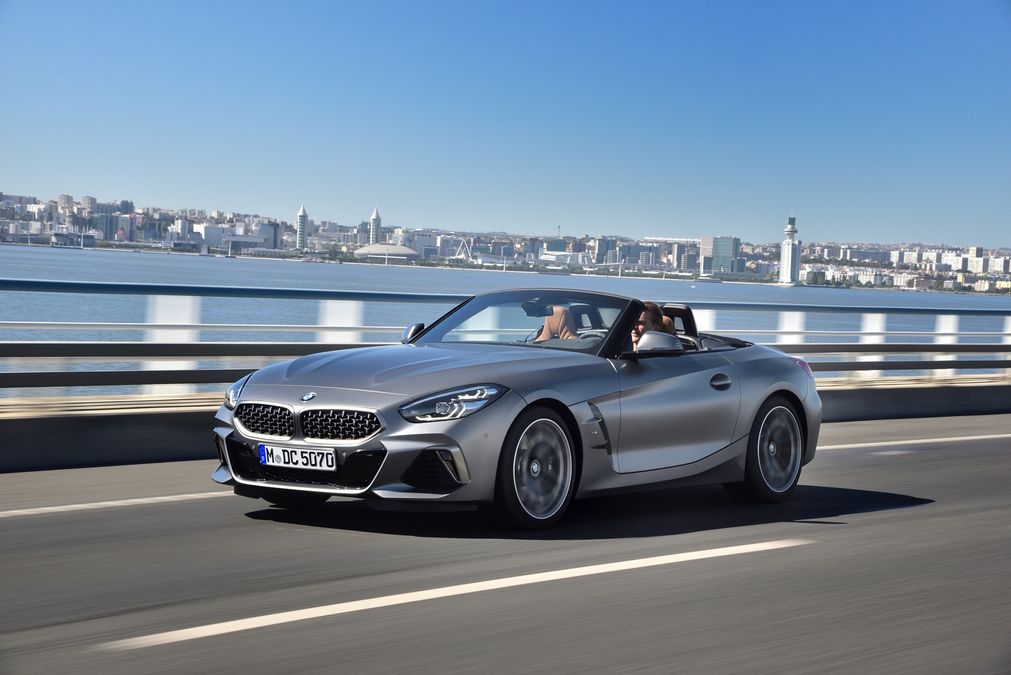
The gestation period of an African bush elephant is the longest in the natural world, at 22 months. Yet even that can’t match the product development cycle for a new car, which takes roughly twice as long to emerge.
Anything up to five years can elapse from the first tentative pen stroke to a glittering bells-and-whistles reveal. The staged release of sketches and moodily-lit detail shots, the showing of ‘concept’ models at motor shows, and the steady leak of ‘spy pics’ of heavily-disguised test cars all serve to build buzz around a model as keenly anticipated as this one.
And that’s before we get to the media launch and test drives. So, with all the hoopla, it feels like the new BMW Z4 has been here for years, when it fact it only broke cover in May 2019.
A big part of the fascination has been the fact this new Z4 has been co-developed with Toyota, which builds its new Supra sportscar off the same mechanical package.
Read: New 2019 Toyota Supra Turns The BMW Z4 Into A Hardtop 86-Style Coupe
Put together one of the world’s most instantly recognisable prestige car brands with one of the world’s biggest car brands, and there’s justifiable reason for all the hype.
Also read: Meet the Aussie designer behind BMW's all-new Z4 Roadster
Different, yet still familiar
Despite its blended parentage, the third-generation Z4 follows the same basic format as its predecessors; a rear-wheel-drive two-seater convertible with a classic long bonnet and truncated tail.
The previous-generation Z4 offered a folding metal hardtop, but a fabric soft-top is the only option in BMW guise this time; conversely, Toyota’s Supra is offered as a hardtop only.
BMW’s decision to revert to fabric contributes to a 50kg weight saving over the previous model and a 50 per cent bigger boot, the company says, the latter now offering an impressively useful 280-litre capacity with the top up or down.
Two prominent fixed roll bars mounted aft of the M Sport bucket seats provide protection and a stylish visual exclamation mark when the roof is down, while the heated seats and steering wheel mean you can enjoy open-top motoring even when the mercury drops.
Bring the noise
With the roof up, there’s a little more in-cabin noise than in its predecessor, but only by degrees – and it’s all the better to savour the throaty induction and exhaust sounds offered up by the turbocharged inline six-cylinder engine of the M40i model we’re testing ($124,900 plus on-road costs; $127,400 as tested).
The only six-cylinder model in the three-model range, the M40i sits above the circa-$85,000 2.0-litre turbo petrol sDrive20i (145kW/320Nm); and the sDrive30i (circa $105,000) with its more muscular (190kW/400Nm) version of the same 2.0-litre engine.
The M40i’s turbocharged 3.0-litre inline six punches out a robust 250kW and 500Nm, capable of launching the 1535kg roadster to 100km/h in a rapid 4.5 seconds.
Inside the roomy and ergonomically comfortable cabin you’ll find familiar BMW fare in the 10.25-inch display screen in the centre, and a digital instrument cluster ahead of the driver.
There are paddle shifts mounted behind the kransky-thick steering wheel, but the eight-speed ZF automatic does an excellent job on most occasions of choosing the right gear for the conditions.
Powertrain, steering and the electronic dampers are all instantly adjustable via a series of Sport, Comfort, Eco Pro and Adaptive-mode switches on the center console, while Sport Plus is accessed by pressing Sport twice.
Commitment with gusto
Out on the road, the Z4 feels every bit the proper sports car; the ride on its lowered sports suspension is firm but not punishing, and the steering impressively direct.
Turn in and the M40i commits to corners with gusto, the chassis allowing a little bit more roll than you might get in a Porsche Boxster, but not so much that it loses composure.
With near-perfect 49:51 front-to-rear weight balance, the Z4 hugs the curves nicely, too. The grip from its wide 19-inch rubber proves remarkably tenacious, with the clean power-down aided by a standard-fit electrically-controlled limited-slip rear diff.
An M by any other name
The body structure is impressively stiff, too, which no doubt contributed to the M40i’s impressive turn at the Nürburgring, where BMW says it became the first non-M car to dip under eight minutes.
If you’re thinking, ‘but isn’t it an M-car?’, the answer is ‘no’: despite the impressive pace, the M40i is an M-enhanced model, meaning it gets a bunch of M Sport bits but stops short of being a pukka Z4M.
Not that this is anything to complain about, as the Z4 M40i steps out with a list of standard kit that includes M Aerodynamics body package, M Sport brakes and that electronic diff, along with a 12-speaker, 408W Harman Kardon sound system, and advanced safety features including autonomous emergency braking and lane-departure warning.
With the new Z4, BMW (and Toyota) set out to build an all-round sports car that was agile and engaging to drive, but not so rigid or aggressive that it becomes punishing to live with.
While it may have taken several African bush elephant pregnancies to get here – not to mention plenty of teasers and spy shots – the new Z4 M40i has undeniably been worth the wait.
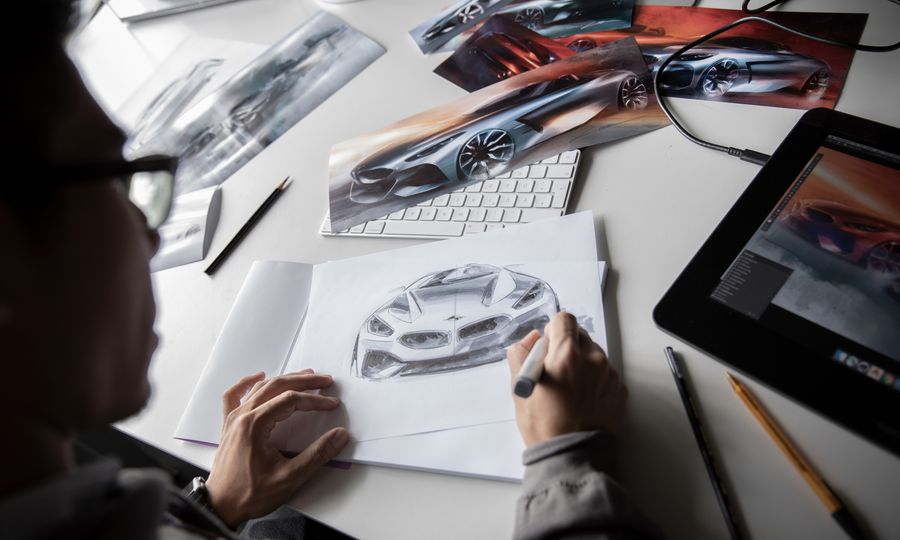
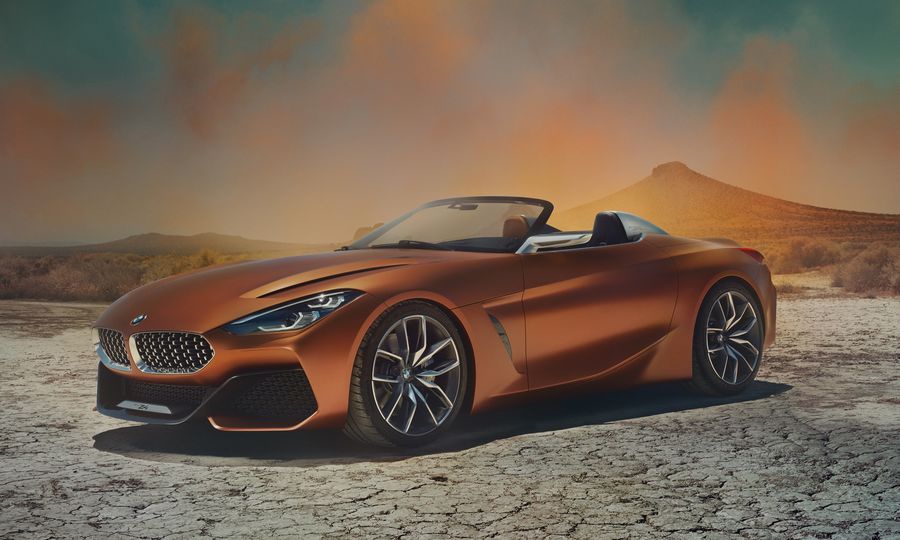
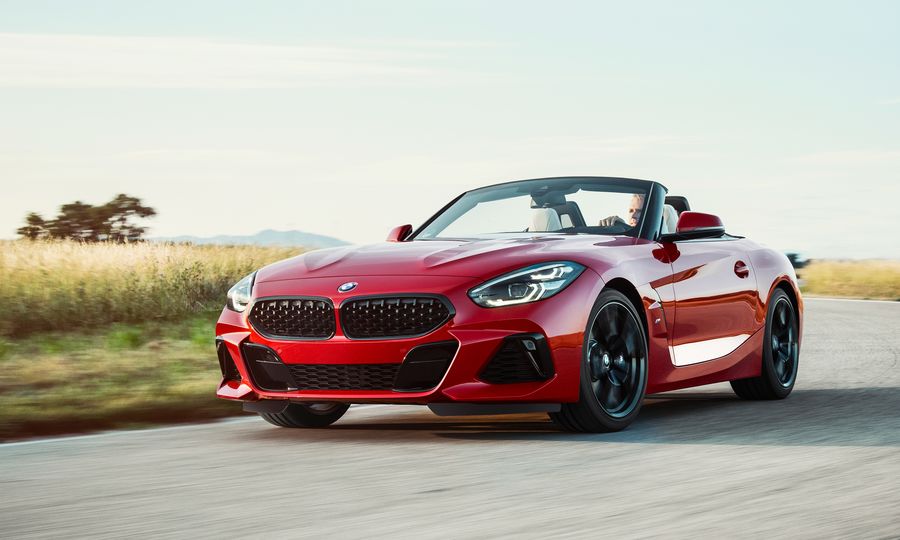
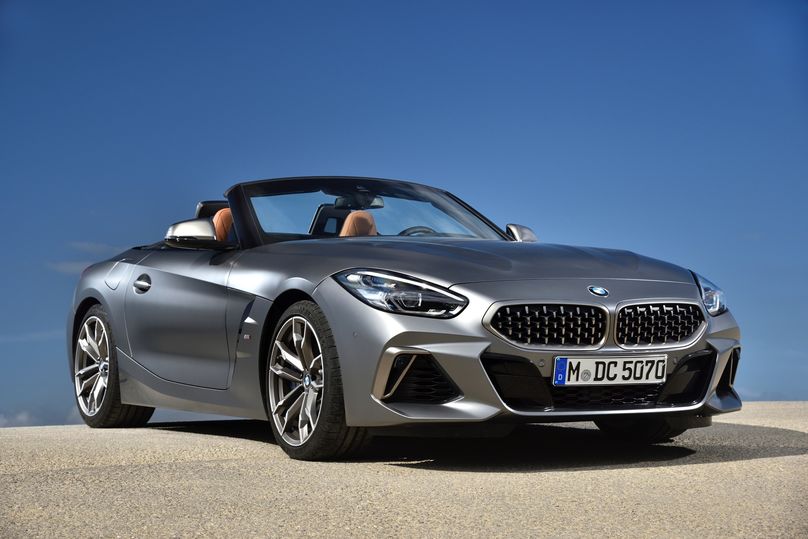
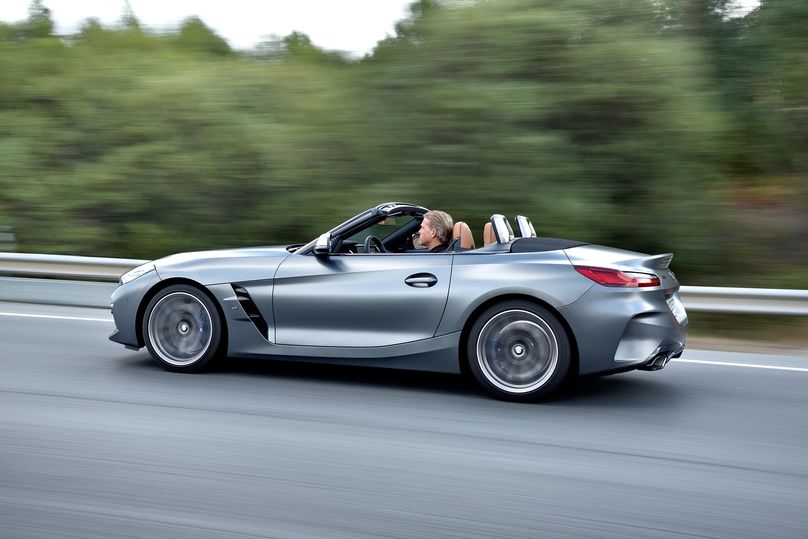
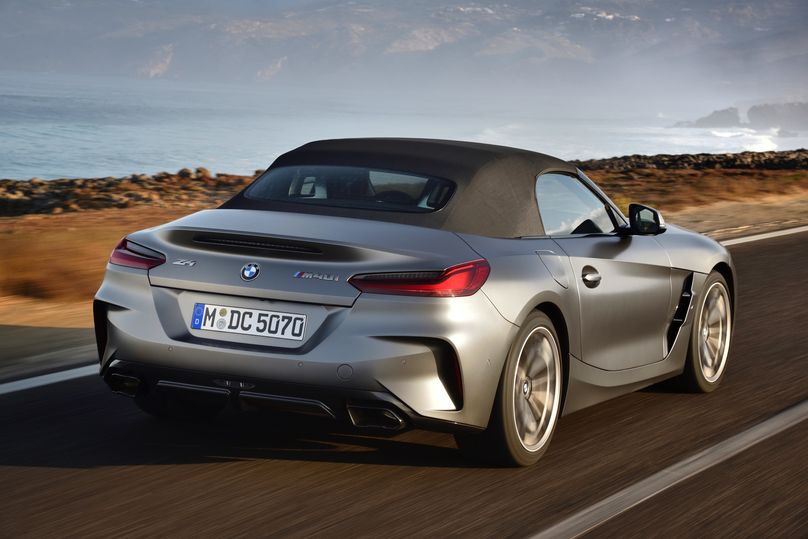
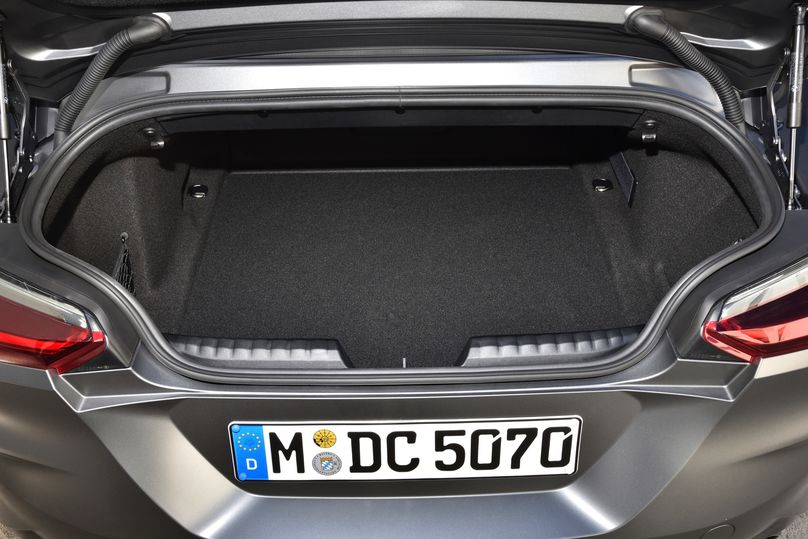
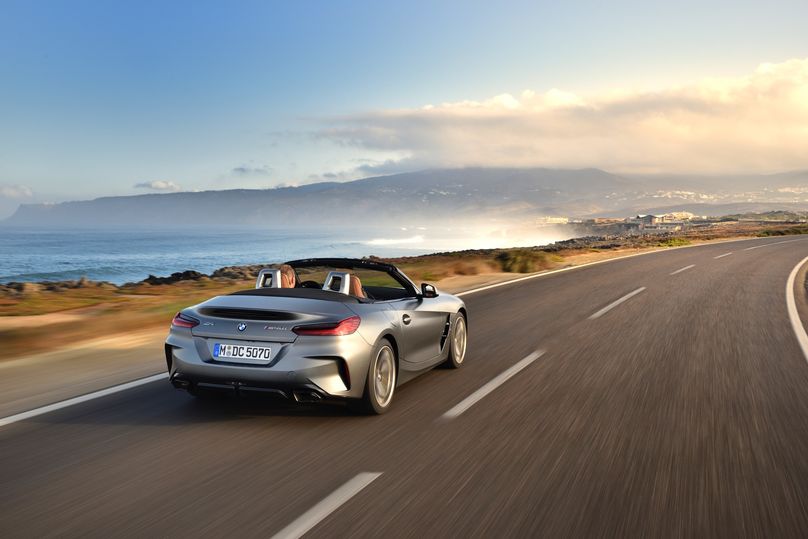
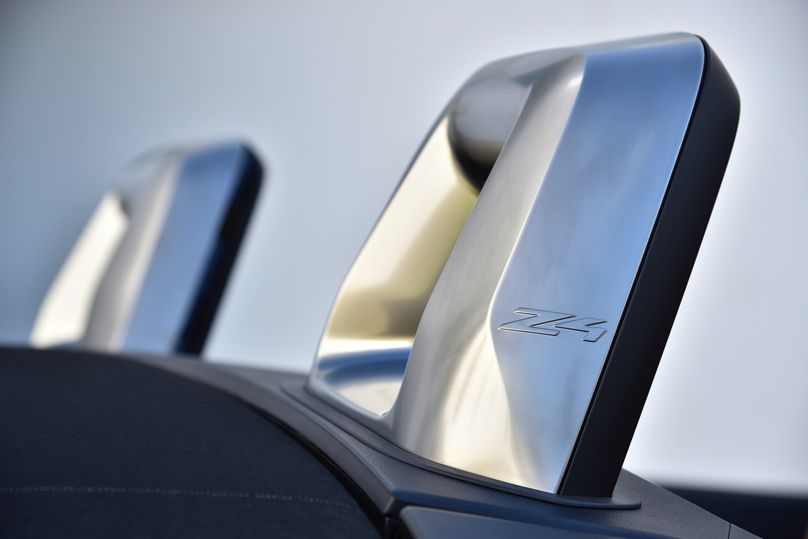
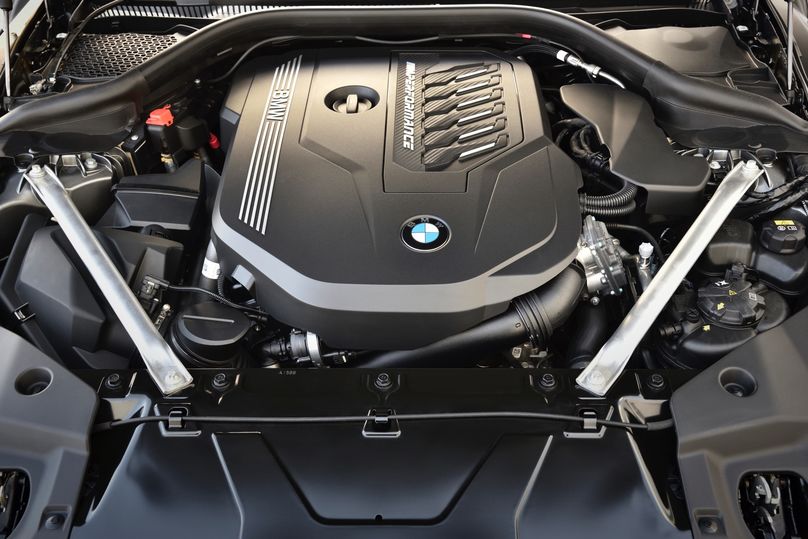
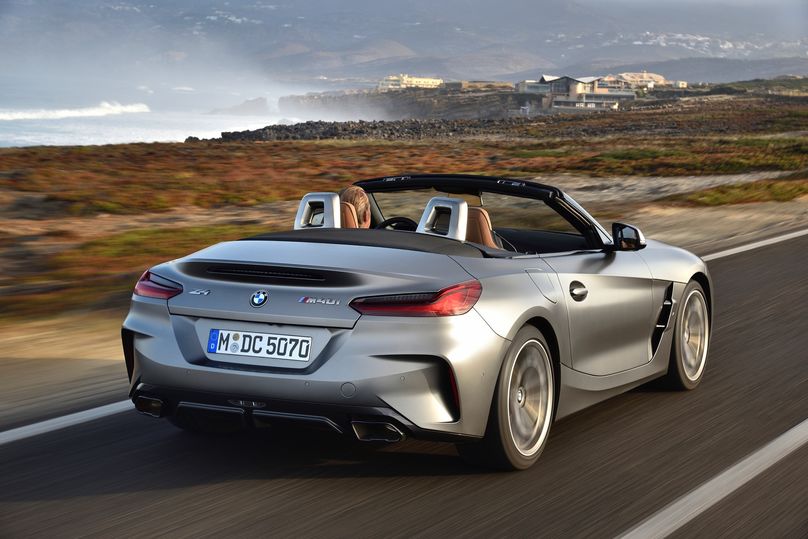
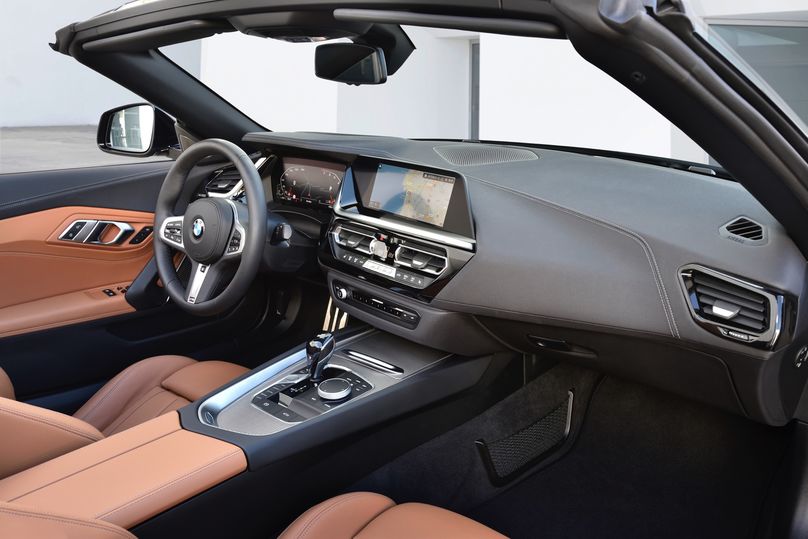
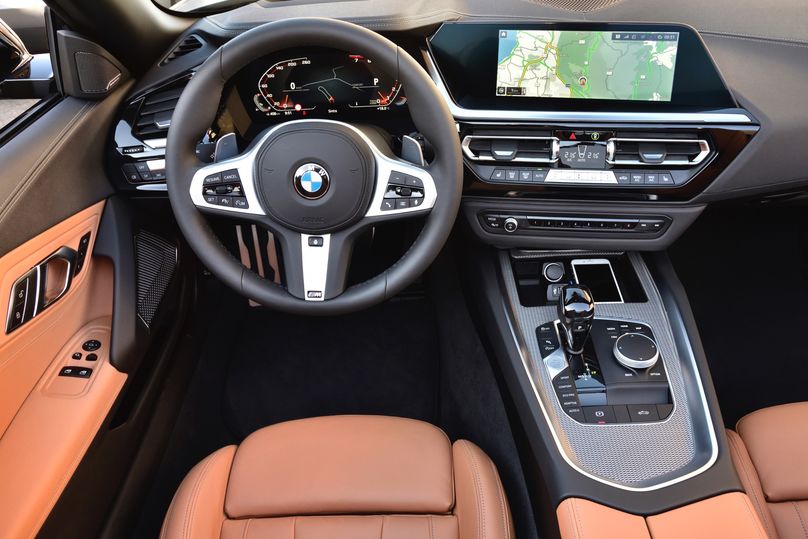
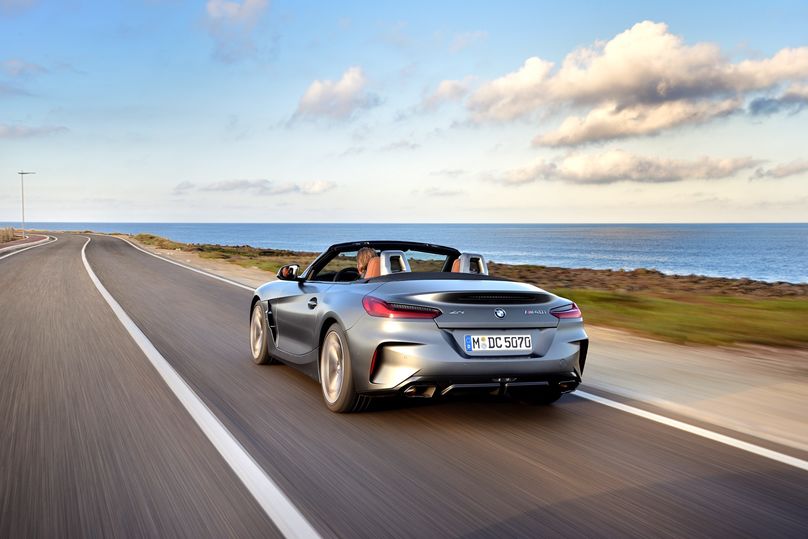
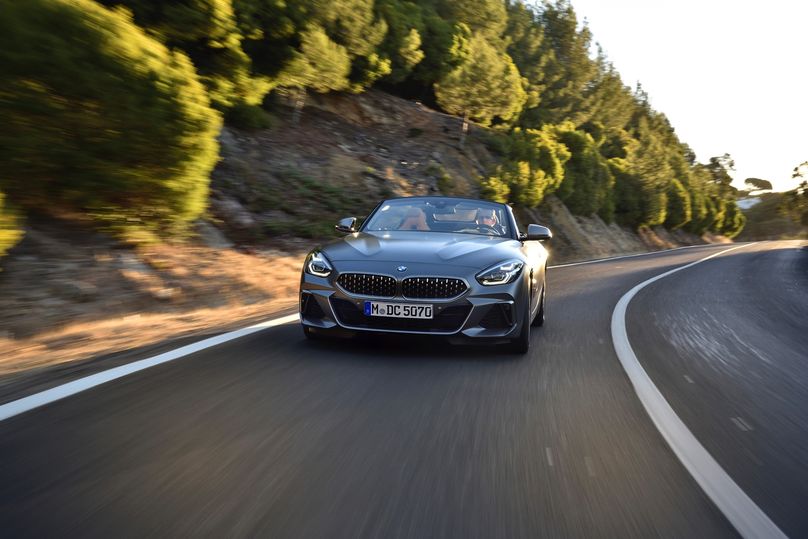
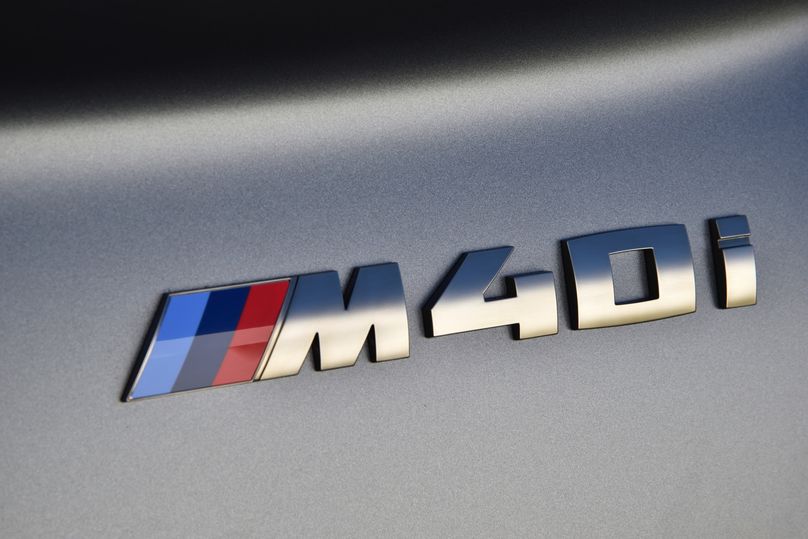
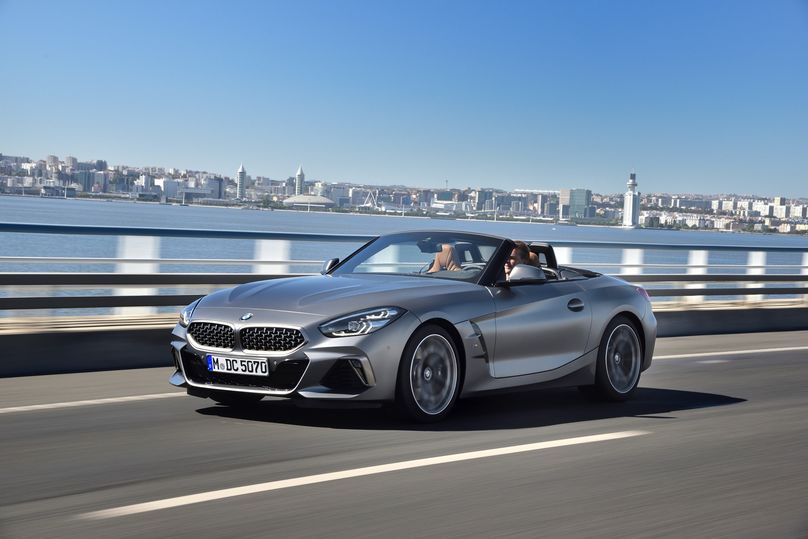

03 Sep 2019
Total posts 1
I have owned 2 Z4's and loved them. The first one was A 2004 base model and after 5 years I traded for all the bells and whistles 2008. Best cars I've ever owned. I am going to wait until someone trades in a 2020 m40 with low miles and I will slap my custom tag “EUP4ORIA” on it. I got the idea for this tag when BMW advertised “Caution, driving a BMW may cause euphoria.” I love it.
Hi Guest, join in the discussion on Test drive: BMW Z4 M40i roadster was worth the wait